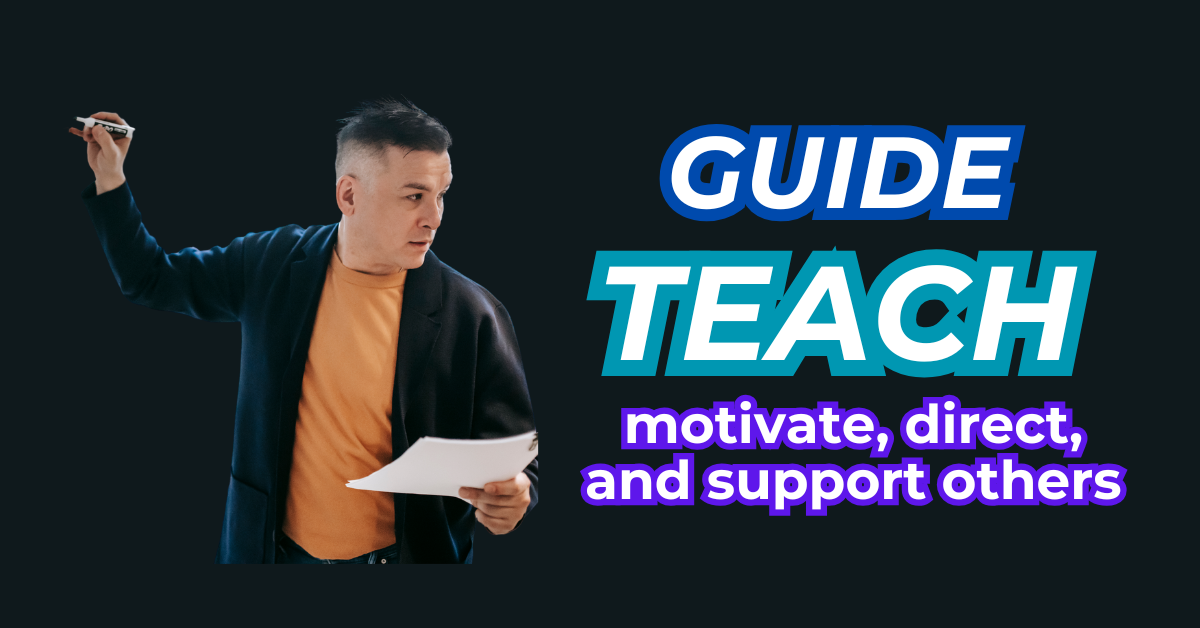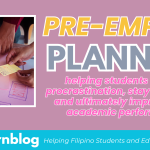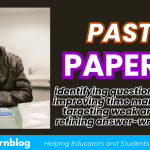Teaching is not a simple process for learning, as it requires you to be technical and accurate in what you say because it is a transfer of knowledge from you to another person. Teaching allows you to hone your current knowledge and, while teaching, you may also learn new things that you can later teach others in the future.
Teaching others will surely help you improve your personal knowledge because you can share your experiences in areas where you have gained expertise, allowing them to learn from your journey. The act of teaching itself enhances your skills and understanding, much like how professional educators progress from being Teacher 1 to becoming a Master Teacher or even a supervisor. This growth stems from their experience in teaching and the lessons they have learned from their students.
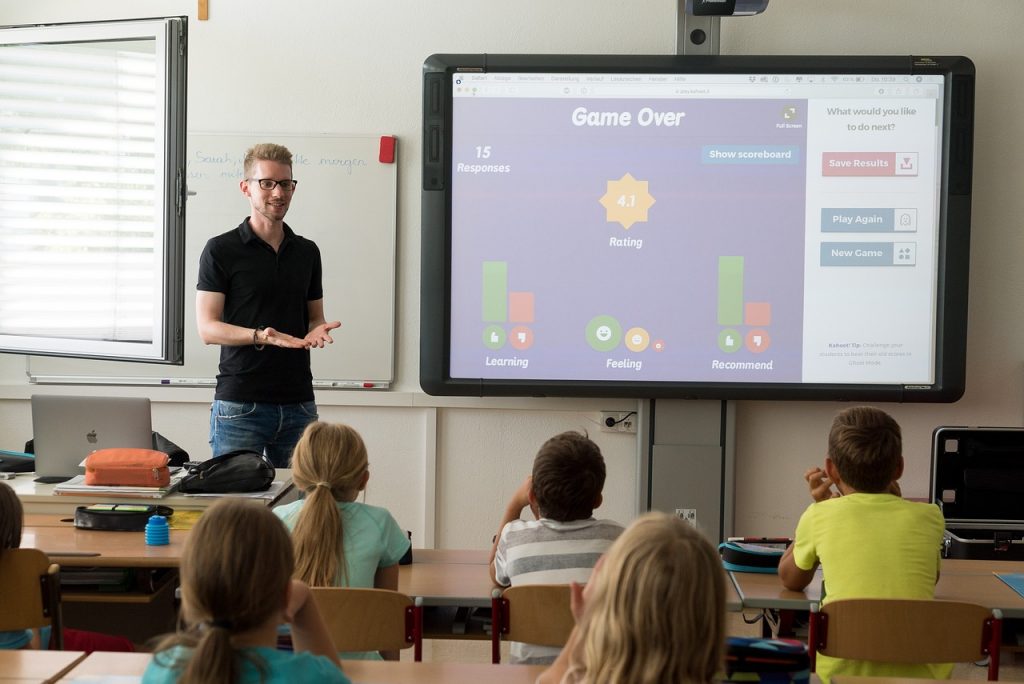
When you teach different people, you also learn from them because they may have knowledge that they can share with you. They can even contribute to expanding or enhancing what you are teaching, as their experiences may bring additional perspectives that enrich the process. It is valuable to teach individuals with considerable experience in a particular field because the exchange of knowledge between you and them allows both sides to grow, with your understanding continuously expanding over time.
Experience, or “learning by doing,” is the best teacher. Just like great experts such as Albert Einstein, who became famous after undergoing years of experimentation and practice, learning through experience is essential. Experts in any field are not made overnight; they are the result of constant learning, trial, and error. Their success lies in their perseverance and their ability to learn from every step of their journey.
Moreover, teaching fosters critical thinking and problem-solving skills, which benefit both the teacher and the student. As you explain concepts, you encounter various questions and challenges that require you to think deeper and refine your understanding. This process of teaching and addressing questions forces you to reevaluate your knowledge, ultimately leading to a deeper grasp of the subject.
Additionally, teaching helps build communication skills. You must adapt your message to suit the learning styles and understanding levels of your audience, ensuring that your instructions are clear and effective. This skill is invaluable, not only in education but also in various professional and personal contexts, where clear communication is essential to success.
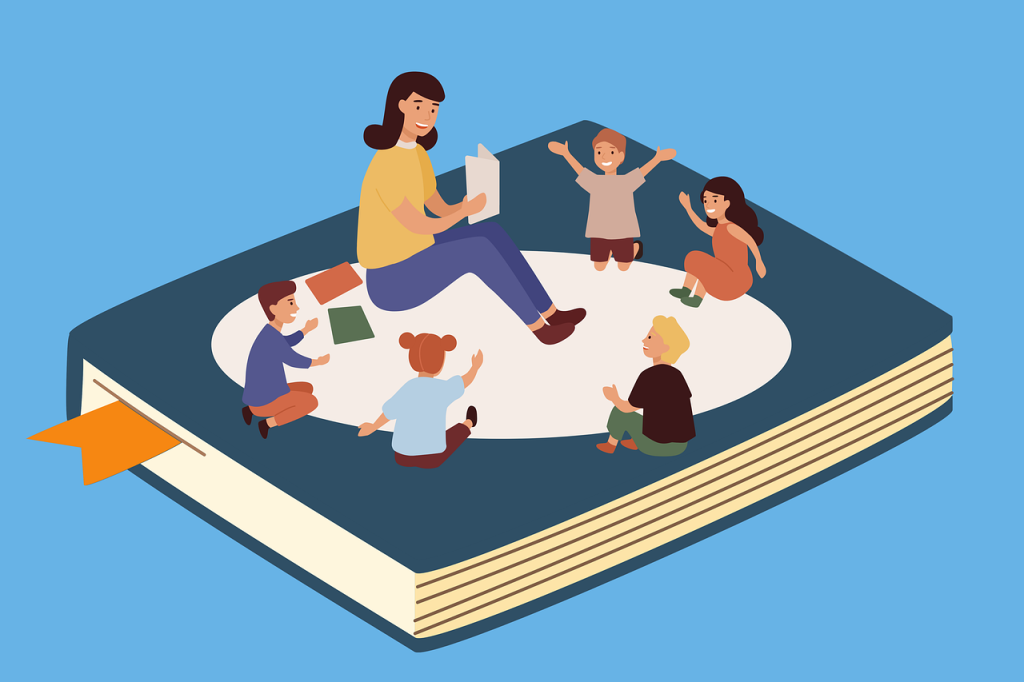
Lastly, the process of teaching can cultivate empathy and patience. Recognizing that every learner is unique and that some concepts may take time to sink in helps develop your ability to support and encourage others. Through teaching, you not only impart knowledge but also learn how to be more understanding and considerate of others’ learning processes and challenges. This human connection is what makes teaching a truly rewarding experience for both the teacher and the learner.
Furthermore, teaching provides a sense of purpose and fulfillment. By sharing your knowledge and experiences, you contribute to someone else’s growth and development, which can be incredibly satisfying. The impact you have on others, whether small or large, can be a source of pride and motivation to continue your own learning journey. Seeing your students succeed because of the knowledge you impart can be one of the most rewarding experiences.
Finally, teaching strengthens your leadership abilities. As a teacher, you are often tasked with guiding and inspiring others, which requires strong leadership skills. Whether in a classroom or in a professional setting, teaching helps you develop the ability to motivate, direct, and support others. Over time, this leadership experience can translate into greater influence and confidence, both in your career and personal life.

